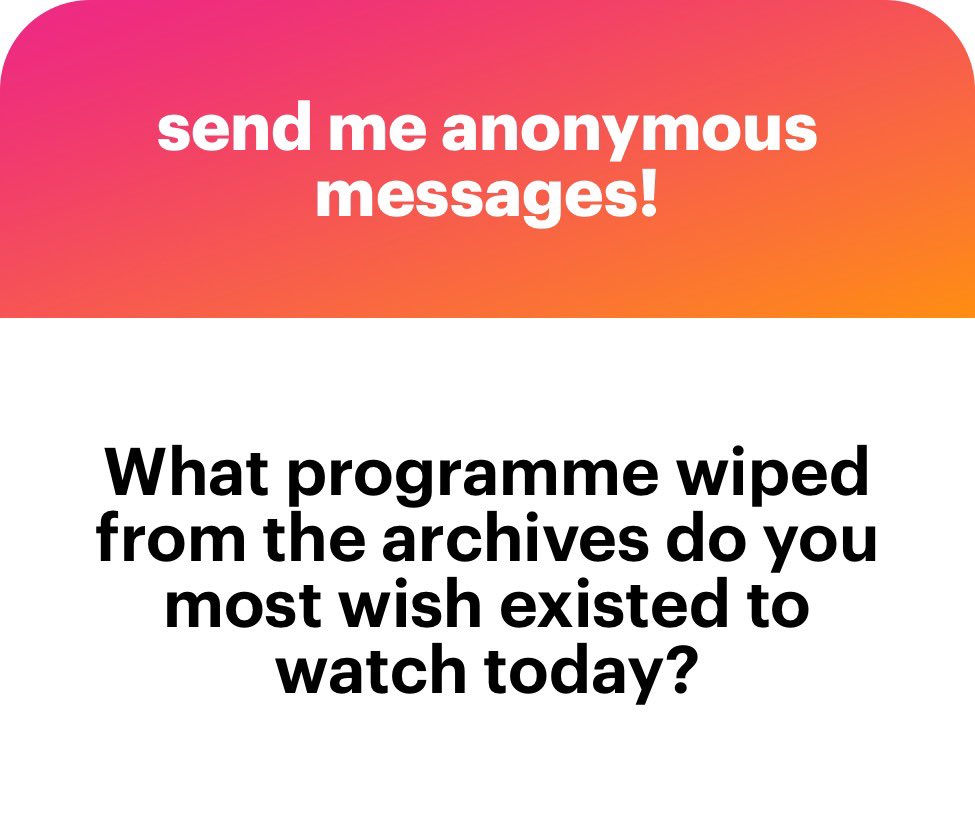Writing Dirty Feed can lead you down some strange avenues, and making some strange comparisons. Right now, I’m reading about Chris Morris and Fanny Cradock. What the hell do that pair have in common, beyond being “broadcasters” in the most general possible sense?
Answer: both were perfectly happy for the legend to be printed, rather than the truth. Which means disentangling lies told about them, either disseminated by themselves or by others, can initially seem like an exercise in futility. After all, if they didn’t care, surely nobody else should be bothered either.
But such defeatist talk gets us nowhere. So let’s take a look at this Guardian piece from 2006, “Secret drugs menu of TV chef Fanny”. There are a number of rather dubious claims in that article, but I want to focus on one which we can easily investigate:
“Her last public appearance before she died at 85 in 1995 was on the Parkinson Show alongside Danny La Rue who was dressed in drag as Shirley Bassey. Fanny had no idea at first that ‘the woman’ was actually a man, and when she found out she stormed out of the studio.”
This sounds like it should be a huge, classic TV moment, which is well-known about. Sure enough, it was picked up by The Times in November 2007:
“Fanny Cradock, the original TV chef, never presented a show again after she upset viewers by criticising the cooking of a housewife. She stormed off a Parkinson show when she found that Danny Da Rue, her fellow guest, was a man dressed as a woman.”
And in case you wondered why I’m talking about this now, this anecdote is still being told rather more recently. In March 2018, The Mirror gave us “The red-hot private life of temperamental TV chef Fanny Cradock”:
“Consigned to chat shows, her last was on Parkinson when she stormed out after realising Danny La Rue was a man in drag.”
From this, it starts making its way into various blog posts. There’s UCBloggers in November 2020, “Fanny Cradock: Britain’s First Celebrity Chef”:
“She made her last TV appearance on the Parkinson show, but she stormed off set in horror as she realised that the woman on the show alongside her was in fact Danny La Rue in drag.”
And there’s Retro Vixen in March 2023, “A Look Back at Fanny Cradock”:
“In one of her final TV appearances, she appeared as a guest on Parkinson alongside Danny La Rue. When she realised that Danny was a man dressed up as a woman, she stormed off set.”
Of course, it’s inevitably made it onto Wikipedia, directly citing The Guardian as a source:
“Fanny appeared alone on Wogan, Parkinson and TV-am. When she appeared on the television chat show Parkinson with Danny La Rue and it was revealed to her that La Rue was actually a female impersonator, she stormed off the set.”
And bringing us right up to date, the tale even makes it into the book Camp!: The Story of the Attitude that Conquered the World, published in May 2023:
“Fanny and Johnnie retired to the south coast and became chat show regulars, with Fanny making her final television appearance in 1995 aged eighty-five on the Parkinson show, alongside the fabulous drag queen Danny La Rue, who happened to be dressed as Shirley Bassey. When Fanny realised that La Rue was a female impersonator she stormed out – a shame, I’m sure if she’d hung around she would have benefited enormously from his makeup tips.”
Yes, yes, very amusing. Just one problem. This anecdote is bollocks.
[Read more →]
Read more about...
best of

